The sun came up less one ray on Monday morning after the untimely passing of Frenchy Cannoli, Master Hashishin.
Cannoli passed away on Sunday, July 18, 2021, due to complications from surgery, according to his wife Madame Cannoli in a note to cannabis community friends and loved ones.
The note continues:
“Frenchy often shared there were 3 main periods in his life - first, the 18-year timeframe from when he left home in Southern France to travel, wandering the world, enamored of new cultures & experiences, then the period of fatherhood from his mid-30s to early 50s, and then finally the period of becoming the teacher that followed when he came to the states in the 2000s. I cannot begin to express how much meaning and joy his interactions with all of you brought him. He truly cherished this unexpected evolution of the latter part of his life.
“His passing was unexpected and leaves his family with a gaping hole of emotion where his smile and energy usually filled us so completely. I think what we all appreciated about Frenchy so much was his authenticity and passion.”
Celebrating the Life of Frenchy Cannoli
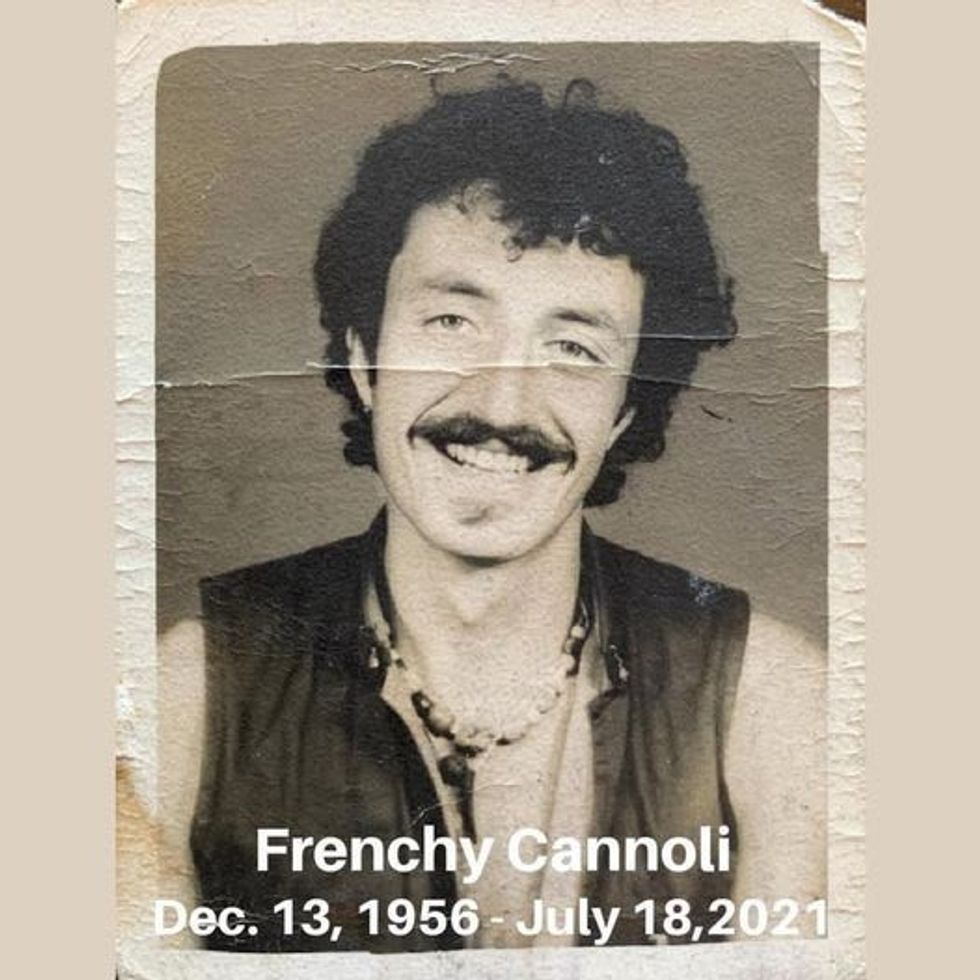
After growing up in Nice, France, Cannoli left home as soon as he was old enough, in search of adventure and the world’s best hashish.
For over 20 years, Cannoli lived as a nomad, learning ancient hashish techniques from the world’s top masters in places like Morocco, Mexico, Nepal, Pakistan, and India, “where he spent eight growing seasons living in caves and harvesting cannabis resin with Parvati Valley cultivators,” as detailed on the about page of his website.
Cannoli ultimately settled with his family in California, where he no longer had to hide his passion for producing cannabis concentrates. Here he collaborated and experimented with legendary growers of the Emerald Triangle to create out-of-this-world hashish.
He believed in openly sharing and promoting these traditional methods through his “Lost Art of the Hashishin” seminars and YouTube. Cannoli also worked on a documentary called Frenchy Dreams of Hashish, which explores the challenges that adult-use legalization has brought to small cannabis farms in California.
Because of Frenchy Cannoli and his life’s work, the traditional methods of hash-making will remain alive and intact through the work of his students and proteges, such as The Dank Duchess, who plans to bring master Hashishin workshops to New York City.
"@frenchycannoli was my mentor and my friend," The Dank Duchess said on her Instagram page. "I make hash with passion because as his first student, I received all the love of resin that he poured into me. He was never stingy with words of support or criticism. He wanted me to be better. He wanted hash to be better. I will miss him.
"Long story short: Frenchy brought me into the industry when he recognized a love of cannabis and media and no biased hash knowledge to cloud my writing. He taught me how to make hash, provided an opportunity to write about hash for @weedworldmag, and catapulted my cannabis career around the world."
The Dank Duchess's comments are among many filling the social media landscape as the cannabis community remembers, celebrates, and discovers the amazing life of Frenchy Cannoli and his dreams of hashish.
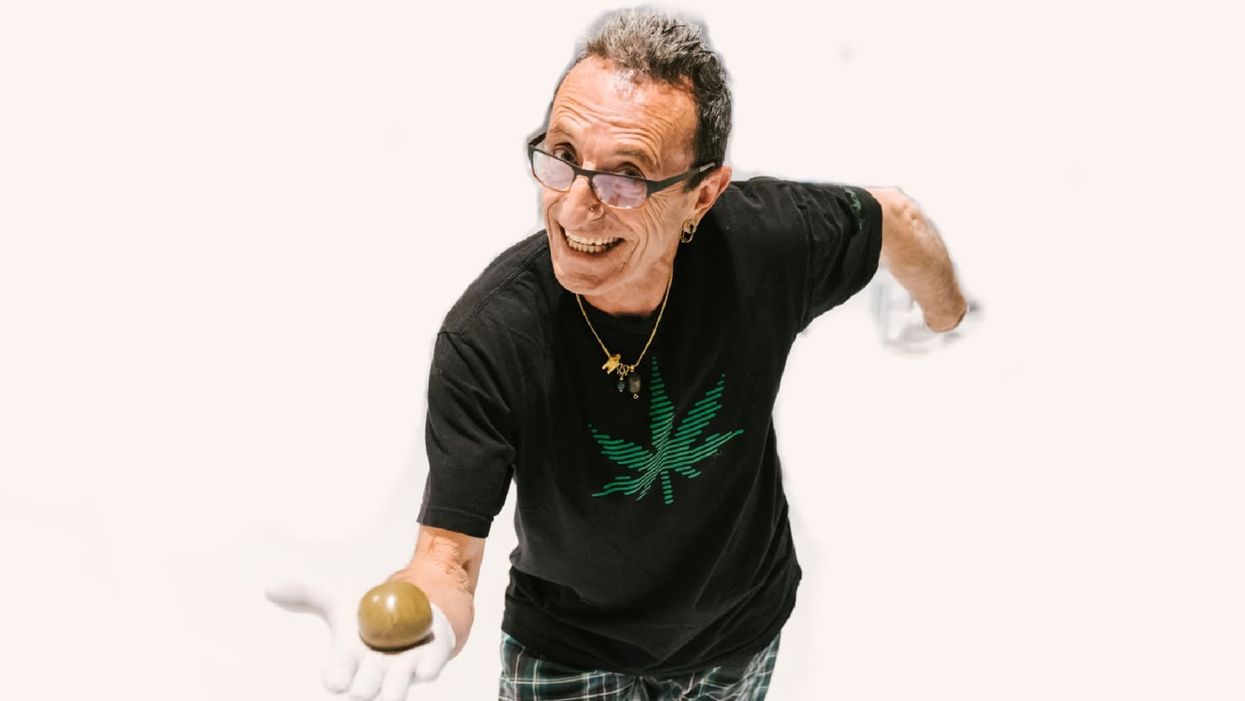



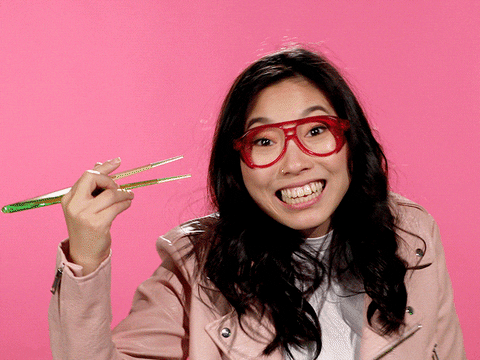
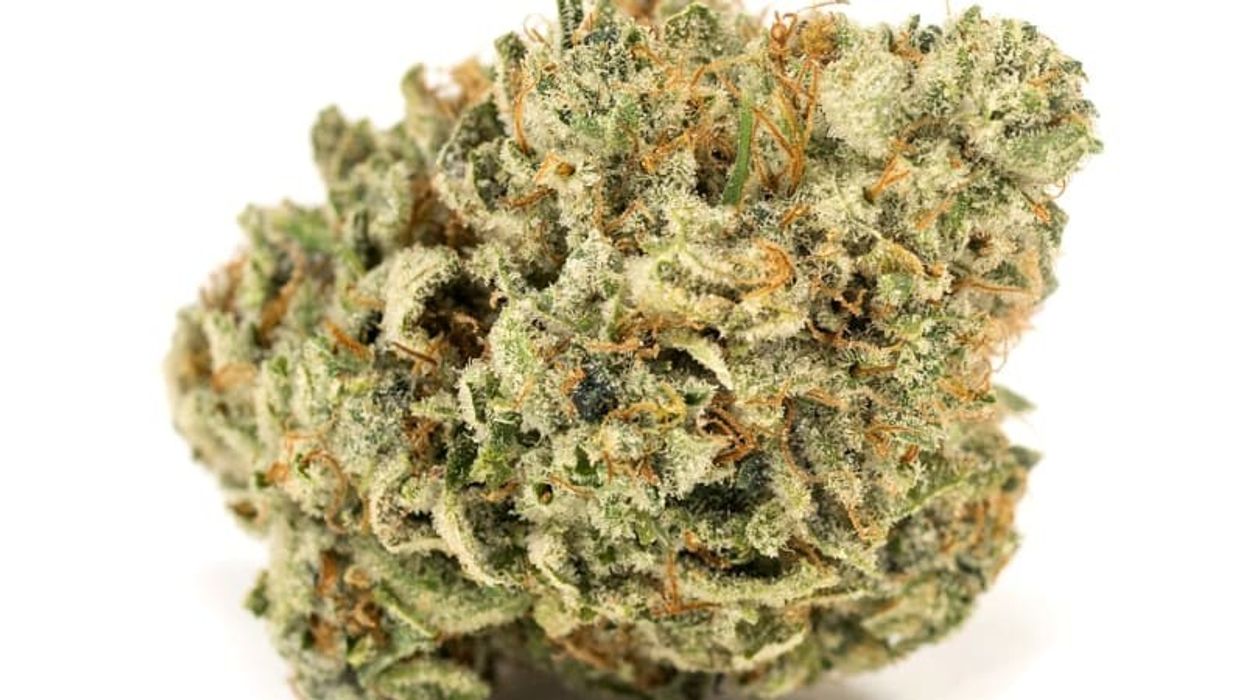
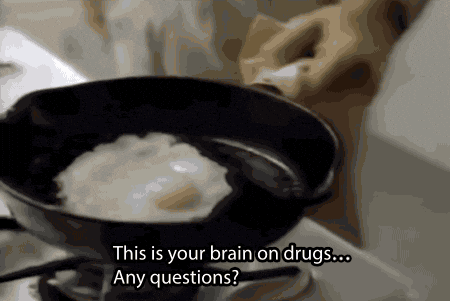
 DEA prohibited from randomly searching passengers at airports and other transport hubs - The Bluntness
commons.wikimedia.org
DEA prohibited from randomly searching passengers at airports and other transport hubs - The Bluntness
commons.wikimedia.org







 FDA Approves Landmark Cannabis for PTSD in Veterans - The Bluntness
Photo by Wesley Tingey on Unsplash
FDA Approves Landmark Cannabis for PTSD in Veterans - The Bluntness
Photo by Wesley Tingey on Unsplash
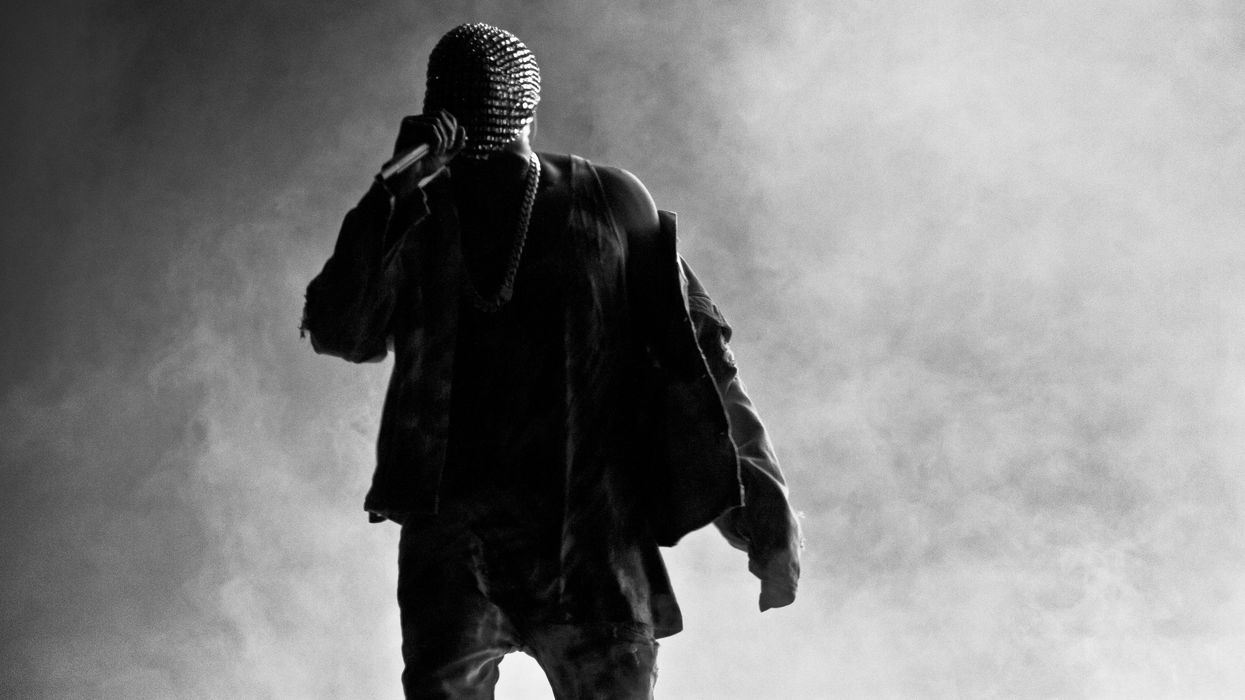
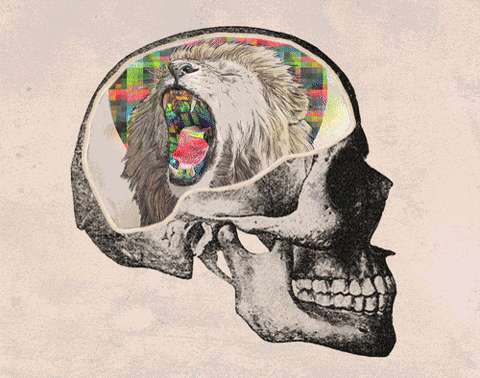
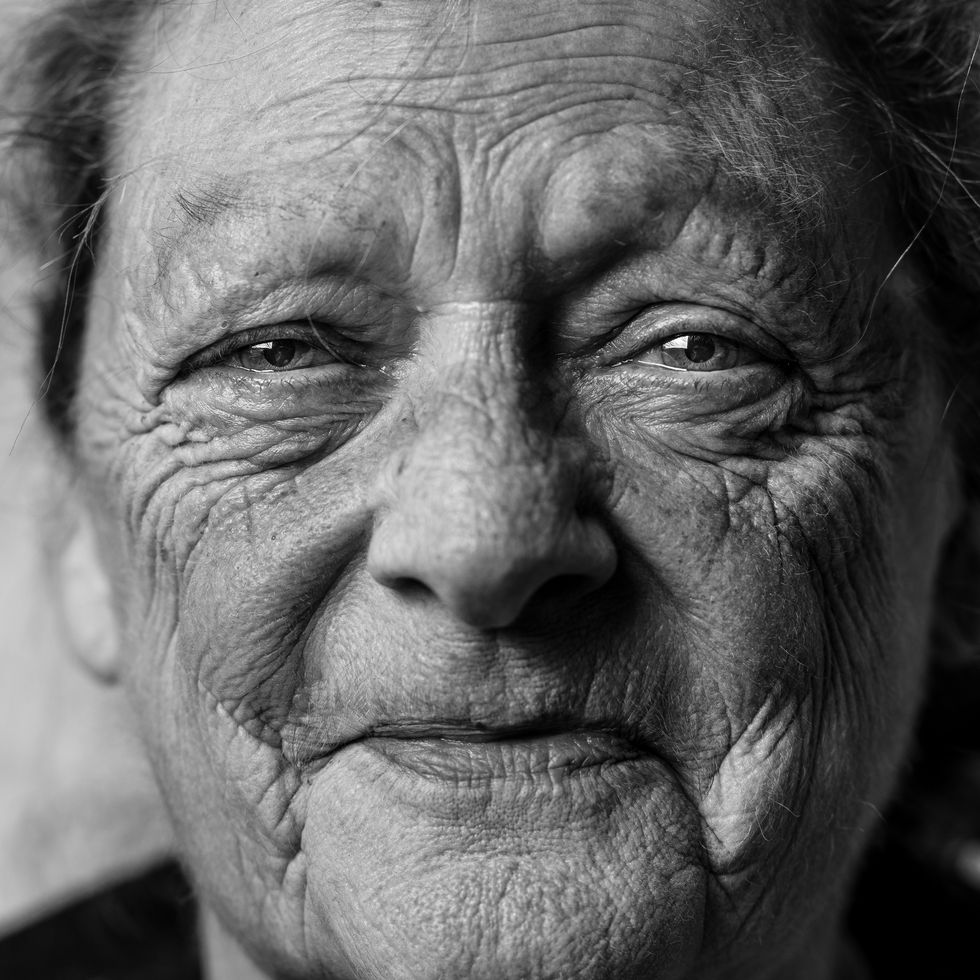 Cannabis and Aging: A Groundbreaking Study Challenges Long-Held Beliefs
Photo by
Cannabis and Aging: A Groundbreaking Study Challenges Long-Held Beliefs
Photo by 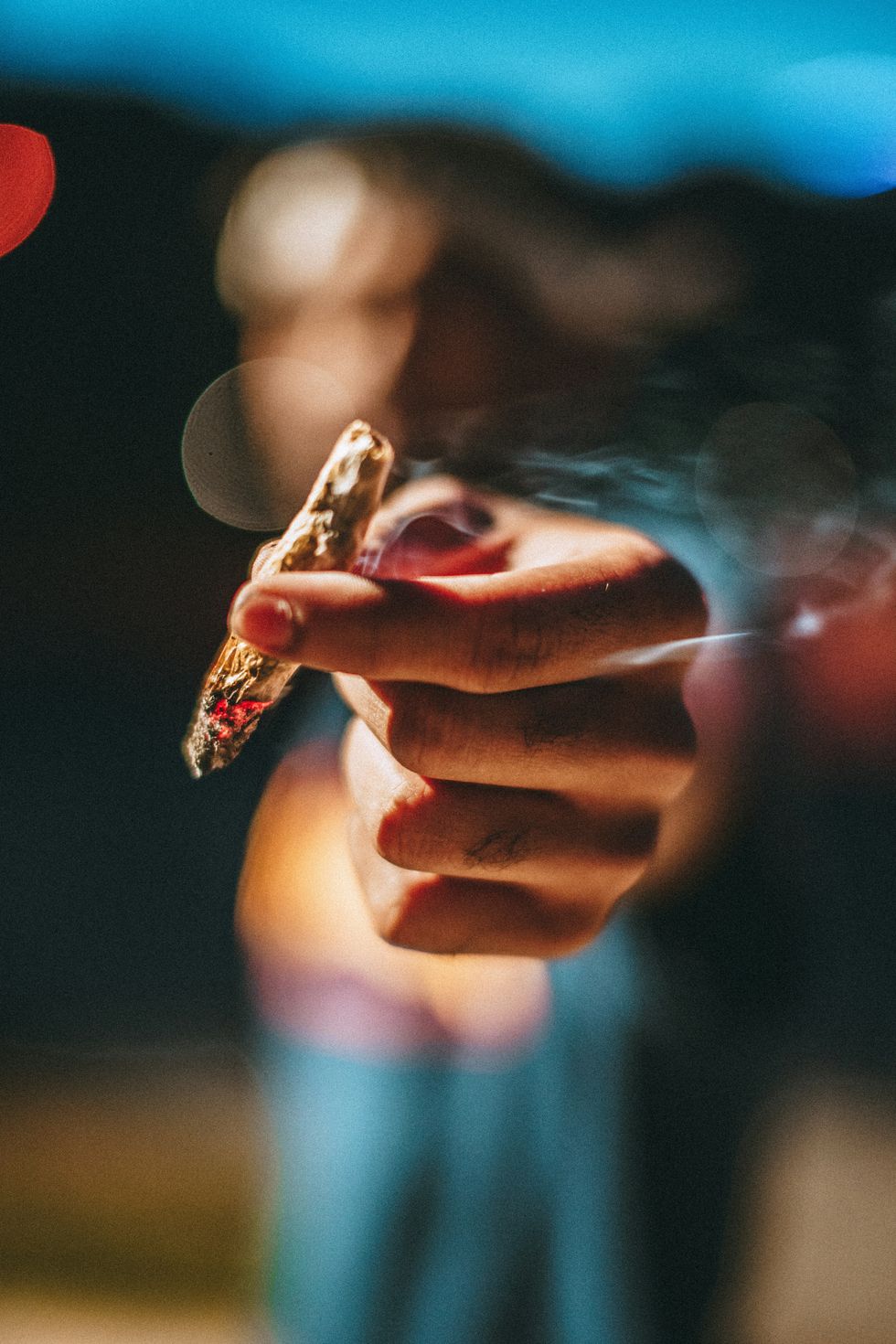 Cannabis and Aging: A Groundbreaking Study Challenges Long-Held Beliefs
Photo by
Cannabis and Aging: A Groundbreaking Study Challenges Long-Held Beliefs
Photo by 
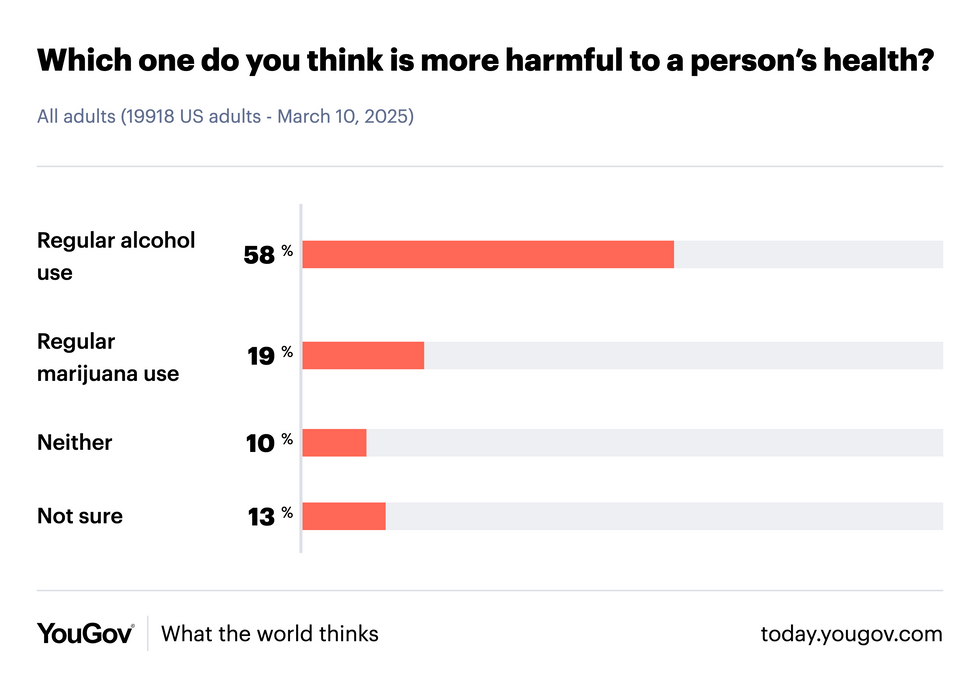 YouGov survey results - alcohol vs. marijuana
YouGov survey results - alcohol vs. marijuana 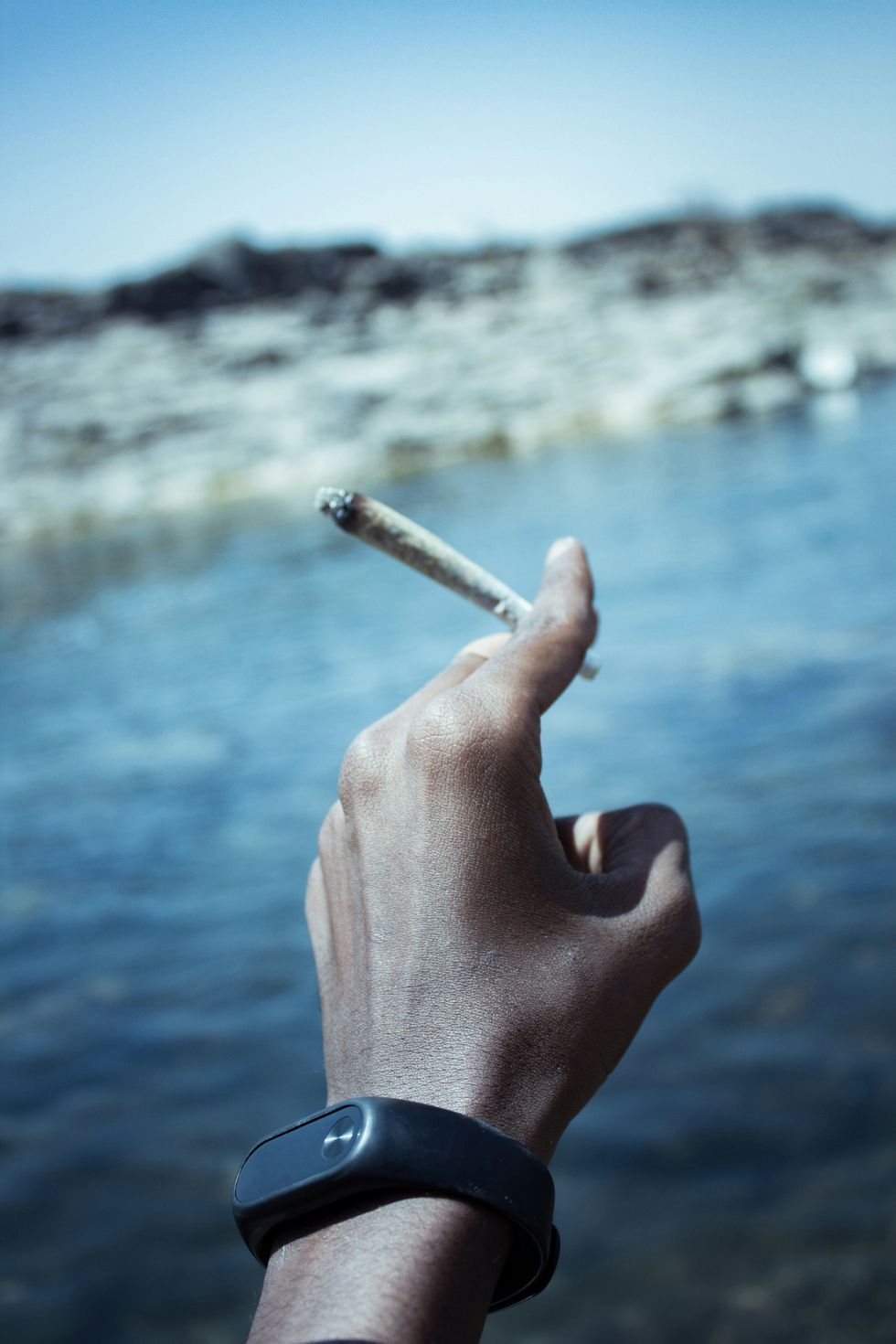 Weed’s Image Glow-Up Is Real
Photo by
Weed’s Image Glow-Up Is Real
Photo by